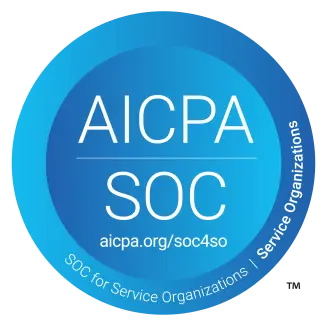An AI audit and a SOC 1 (Service Organization Control 1) audit serve different purposes and cater to different aspects of an organization’s operations. The choice between the two depends on the nature of the company, its services, and its stakeholders’ needs.
In this talk, we will explore why an AI-powered company should also consider AI audit on top of SOC 1 (or even SOC 2):
Specific Focus on AI Systems: An AI audit assesses the company’s AI systems, algorithms, and data processes, ensuring they function as intended, meet industry best practices, and comply with data privacy, security, and ethical standards.
Tailored to AI Risks: AI audits are specialized to assess unique risks in AI technology, like bias, fairness, explainability, and robustness. Unlike SOC 1 audits that focus on general control objectives, AI audits delve deeply into AI-related risks and controls, providing a more targeted evaluation.
Enhanced Transparency and Accountability: AI audits demonstrate an AI company’s commitment to responsible AI practices, providing transparency and accountability in developing and deploying AI systems, and satisfying stakeholders’ demands for ethical use.
Compliance with AI Regulations: AI audits ensure compliance with emerging AI regulations, offering a competitive edge and minimizing legal risks for AI companies.
Addressing Stakeholder Concerns: AI audits address stakeholder concerns by providing an independent assessment of AI technology and practices, boosting confidence and maintaining competitive advantage in the company among prospects, customers, investors, and partners.
CPE Credits will only be issued on sessions where the participants meet the group live requirements as outlined by NASBA (see below).
For more information regarding complaint and program cancellation policies for this event, please email info@mindbridge.ai.
NASBA Statement: MindBridge Ai is registered with the National Association of State Boards of Accountancy (NASBA) as a sponsor of continuing professional education on the National Registry of CPE Sponsors. State boards of accountancy have final authority on the acceptance of individual courses for CPE credit. Complaints regarding registered sponsors may be submitted to the National Registry of CPE Sponsors through its website: www.nasbaregistry.org.




